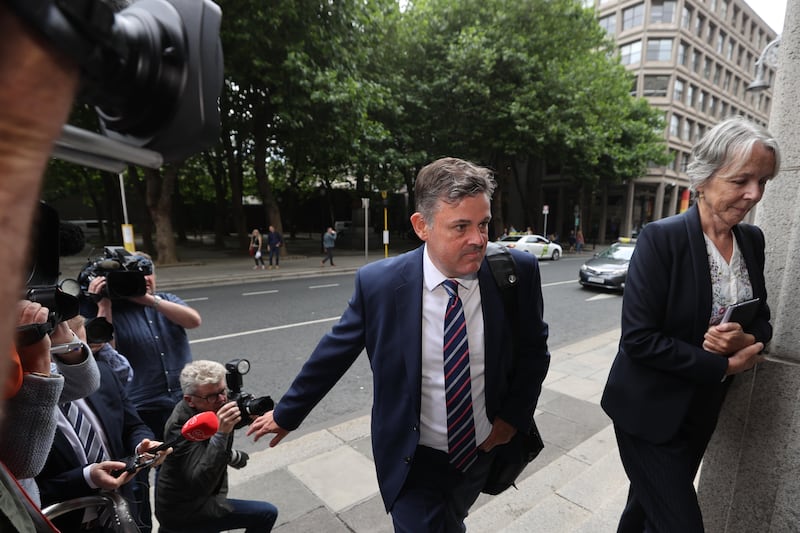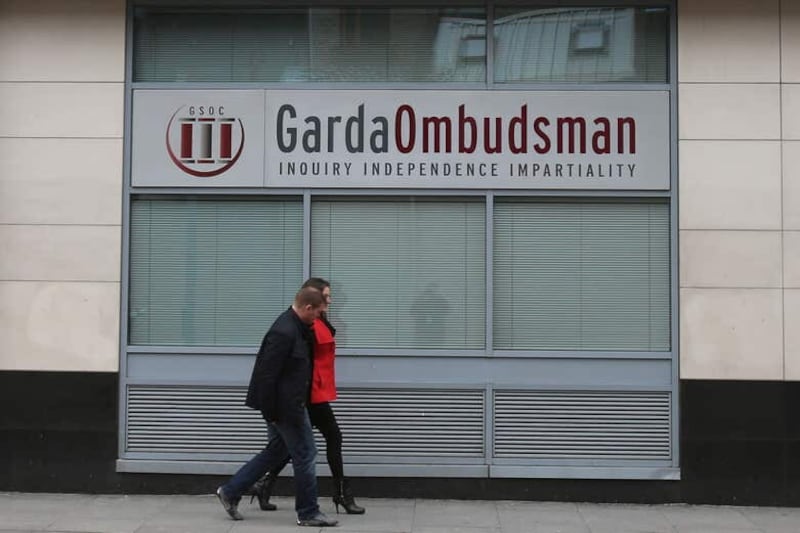People could face heading into next winter already saddled with “mountains” of energy bill arrears, TDs and senators have been warned.
In an appearance before the committee on environment and climate action, the poverty charity St Vincent de Paul (SVP) said they saw a 40% increase in requests for assistance related to energy last year.
It said that many households face multiple energy bills that they cannot clear before the next one comes through.
Figures from the CSO (Central Statistics Office) from 2021 indicate that 8.7% of people in the lowest 20% of the income distribution were in arrears on utilities twice or more in the previous year.
Earlier this month, the committee was given figures from the Commission for Regulation of Utilities (CRU) that showed the number of domestic gas customers in Ireland in arrears had increased from 18% to 23% in 12 months.
This amounted to 160,399 gas customers in arrears as of the end of March – almost 25,000 more compared to the same period last year.
There were also 199,790 electricity customers in arrears.
Issy Petrie from SVP told the committee on Tuesday that without further intervention, people will be going into next winter with repayments “still hanging over their heads”.
“In terms of the size of the bills, we would see bills in the high hundreds or higher, or in the region of 1,000 euro, and a particular concern that we’re seeing now is the multiple bill cycles coming through from winter,” she said.
“A bill of 600 euros would have been so unusual previously, and now it’s kind of becoming a multiple occurrence for people and that just becomes kind of an insurmountable, sort of mountain of arrears for people, so that’s why it’s so urgent to get this tackled now.”
She said that there was a risk of “really, really significant levels of debt” being concentrated among people who are least able to afford it, be it through health requirements or their homes not being energy efficient.
She said they would also hear “a lot” from prepay customers who had asked the charity for help, and who face “self-disconnection” when they have no money left to put in the meter.
She also called on more monitoring and data from the regulator, the Commission for Regulation of Utilities (CRU), on the repayment plans being offered to people and how long they are offered for.
Susanne Rogers, of Social Justice Ireland, said that for people on low incomes, repayments are difficult to commit to.
“The energy companies don’t generally let you go past two bills that haven’t been cleared, that’s when you’re pushed into the threat of disconnection and then what they will try and do is spread that out over 12 months – even arrears of 300 is about an extra five, six euro a week.”
She said that if people cannot commit to repayments within the timeframe being offered, they face disconnection from their energy supplier.
“It puts people under enormous pressure because if you don’t sit within this plan, you’ll get disconnected,” she said.
“I think it does put pressure on people to agree to plans that maybe are pushing them to the edge.
“They think that they might be able to manage but all it can take is one little knock somewhere in that 12-month period – Christmas – and they are back to square one.
“So I think the companies maybe do need to get a little bit more creative in how they manage those arrears without two strikes and you’re out, or pushing unmanageable repayment plans on people.”
In relation to retrofitting and its cost, Clare O’Connor, from Friends of the Earth, said that Fine Gael TD and former minister Richard Bruton’s suggestion of low-interest loans from credit unions to help with the cost was a good idea.
“I would go as far as proposing zero-interest loans which has been introduced for low-income households in both Germany and the Netherlands,” she said.
“On the point on expanding eligibility for the free retrofitting schemes, we are suggesting that tenants who are on the HAP (Housing Assistance Payment) be included in the (Better Energy Warmer Homes Scheme) on the condition of long-term lease being offered.”
She defined a long-term lease as being from five to 10 years in length.
“I think, ultimately, the success of climate action and any of the transition will hinge on public acceptance and public buy-in, and it’s really important that the public perceives this as a fair transition.
“I think it’s important that we do include as many households as we can in that warmer homes scheme and prioritise those who are in the least efficient homes first as well.”








